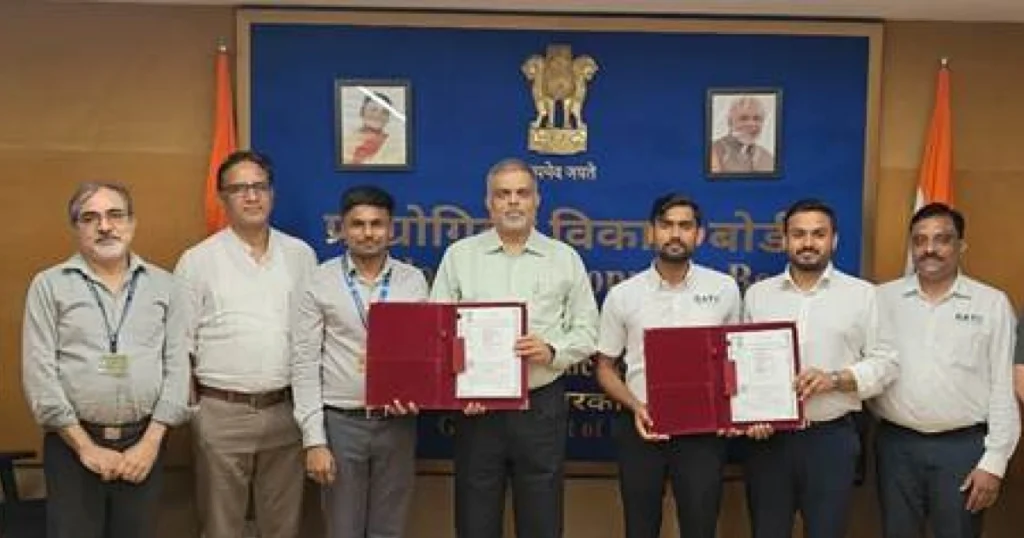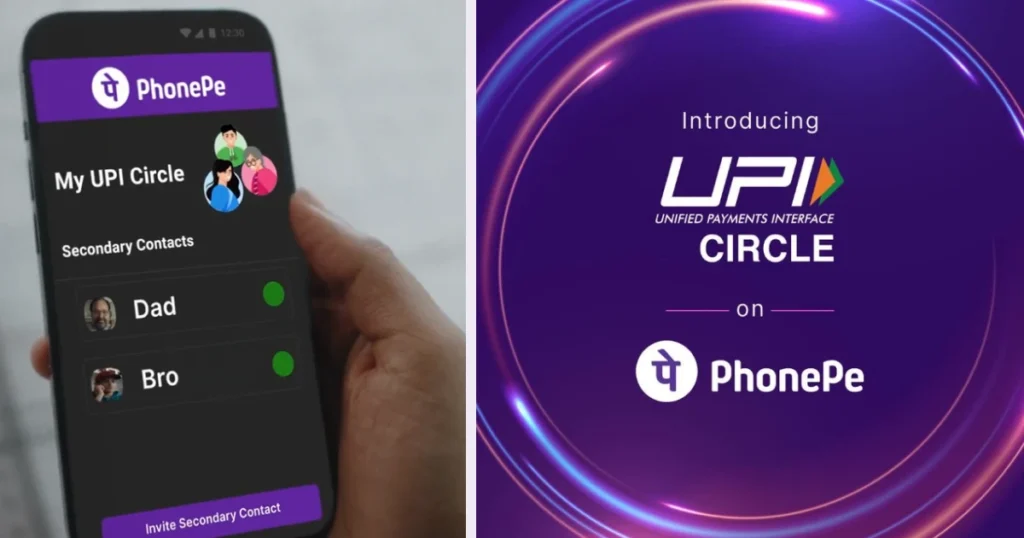The Department of Telecommunications (DoT) has announced a provisional allocation of satellite spectrum for a six-month period, paving the way for select companies to test their satellite services in India.
The decision, outlined in an official notification on October 10, 2024, primarily benefits Bharti-backed Eutelsat OneWeb and Reliance Jio’s Orbit Connect India.
Eligibility and Security Requirements
To qualify for the provisional spectrum, companies must hold a valid DoT license and have received authorization from In-Space, the regulatory authority for space activities in India.
Currently, OneWeb and Orbit Connect India have met the required criteria, while other potential entrants like Elon Musk’s Starlink and Amazon’s Project Kuiper are still waiting for the necessary licenses to operate.
The DoT has mandated that any data gathered during the testing phase must be securely stored within Indian territory.
Companies are required to ensure the confidentiality of user data and submit detailed information about their server and data center locations to the DoT.
Sharing operational data with external parties is strictly regulated and permitted only under specific conditions, such as requests from law enforcement agencies.
Unlimited Testing, No Charges Allowed
The provisional allocation allows companies to conduct trials with an unlimited number of customers during the testing phase. However, they are prohibited from charging for any services offered during this period.
This approach aims to enable comprehensive assessments of the companies’ capabilities while ensuring compliance with security and technical standards set by the DoT.
Reliance Jio’s Orbit Connect India recently received approval from the Indian space regulator to operate satellites, marking a significant step forward for the company.
However, it required additional permissions from the DoT, which have now been granted through this provisional spectrum allocation.
Anticipation for Commercial Launch
Meanwhile, Airtel’s OneWeb has expressed readiness to roll out satellite broadband services in India.
In August, Bharti Group Chairman Sunil Mittal highlighted that their satellites were already in orbit, emphasizing that they were just waiting for a signal from the DoT to activate those SNPs (satellite network portals) for commercial service.
As the Indian satcom market heats up, other players are also eyeing entry into this burgeoning field.
Globalstar, Apple’s satellite communications partner, has been considering applying for a license to provide satellite communication services in India.
The Future of Satellite Communications in India
The government’s push for satellite-based communication services is seen as a crucial strategy to deliver internet connectivity to the vast Indian population.
With the potential to reach 1.2 billion citizens by 2025-26, the satcom sector is positioned to play a pivotal role in bridging the digital divide, especially in rural and underserved areas.
As the testing phase unfolds, the industry awaits further developments regarding full commercial licensing, which could lead to a transformative era of satellite connectivity across India.



















